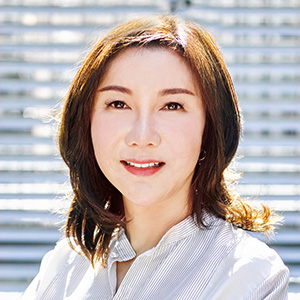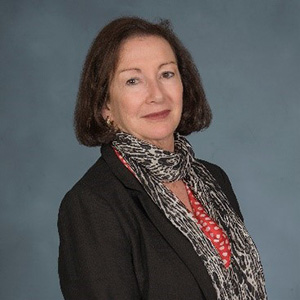Episode Three: Collaboration Across Borders with Victoria Elegant: A Discussion Around the Next Generation of Medical Affairs
Guests

Shunee Yee
Shunee Yee is the President and CEO of CSOFT International and CSOFT Health Sciences, overseeing operations across 3 continents. In her 25+ years of industry experience, Ms. Yee has been featured in numerous publications, including the Economist, Fortune Magazine, Forbes Asia, and IDG journals. She is also a Fortune selected Top 10 Most Powerful Women Entrepreneur in 2012 and was identified by CNN Money as one of technology’s 36 most powerful disrupters. In June 2016, Ms. Yee helped launch the Shenzhen 100 research report, utilizing qualitative indicators to support global market strategies. Her many contributions in the sphere of education include the Johns Hopkins-Nanjing US-China Center, Michelle Obama’s Let Girls Learn initiative, and her work on the board of trustees at Dexter Southfield School. Additionally, Ms. Yee is a member of the Joslin Diabetes Center’s A Taste of Ginger committee, supporting the Asian American Diabetes Initiative (AADI).

Professor Victoria Elegant
Professor Victoria Elegant joined Amgen in October 2016 and is Vice-President, JAPAC(Asia Pacific) Regional Medical Head, and Site Head, China Research Site, Shanghai, based in Hong Kong.
Professor Elegant is a physician who joined the pharmaceutical industry after postgraduate training in obstetrics and gynaecology in the United Kingdom. She has held positions in global drug development, medical affairs, regulatory affairs and drug safety in Japan, Australia, Europe and Asia. Prior to Amgen, Prof Elegant was the Vice-President, Regulatory and Medical Affairs, APAC, based in Shanghai for 10 years for Baxter, and Vice President, Medical Affairs, Asia for Shire. She has extensive experience in pharmaceuticals, biologics, and devices.
Professor Elegant is a Fellow of the Faculty of Pharmaceutical Medicine and a member of the FPM International Committee. She is on the Board of Studies for the Masters in Pharmaceutical Medicine, UNSW, and Adjunct Professor, Faculty of Medicine, University of New South Wales, Sydney. She is a founding member of the China Medical Affairs Network, and President of the Asia Pacific chapter of the Medical Affairs Professional Society(MAPS). She is also on the Hong Kong stock exchange biotech advisory panel.
She has published extensively on regulatory affairs, medical affairs and clinical development in the Asia Pacific region, and has been invited speaker, panelist and chair at numerous forums.
Born in Hong Kong, Prof Elegant holds her medical degree from the University of London. Her passion is improving standards of care and outcomes for patients in Asia Pacific.


